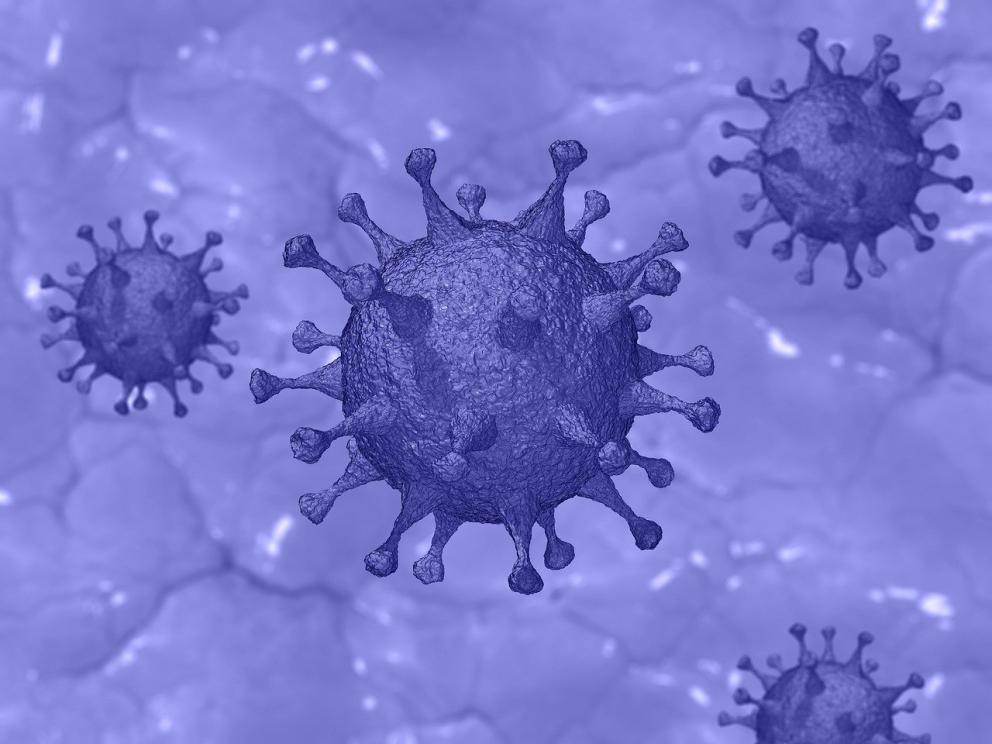Information from NHS Highland
In keeping with other areas of Scotland, NHS Highland has seen a significant increase in cases of COVID-19, particularly in Argyll and Bute. In the first two weeks of June alone, we have already seen more than double the number of cases in Argyll and Bute compared to the whole of May combined. The increase has been particularly marked in Oban and Helensburgh and there is a small cluster on the Isle of Islay. Although the restrictions have been easing, COVID-19 has not gone away and it is vital that everyone across Highland and Argyll and Bute remains cautious and follows the guidance on how to stay safe and limit the spread of COVID-19.
Dr Tim Allison, Director of Public Health with NHS Highland, said: “This has been such a challenging time for our communities but, thanks to everyone and how well they have followed the guidance, we are starting to see more freedom with the move to level one, or level zero for our island communities.
“However, COVID has not gone away and the rapid increase in Argyll and Bute is concerning. In addition to the impacts on those directly affected by COVID-19, we are seeing wider impacts with local businesses and multiple schools affected.”
Dr Allison is encouraging everyone to follow the guidelines for the area they are in to try to minimise any further spread.
In addition to the rise in cases, we are also seeing an increase in the Delta variant which spreads much more easily. Please continue to follow all the guidelines. Know what symptoms to look out for and, if you do experience symptoms, self-isolate immediately and seek a PCR test.
It is really important that we all continue to follow FACTS:-
- wear a face covering
- Avoid crowded places
- maintain two metres distance
- self-isolate and book a test if you have symptoms
Travel across Scotland and elsewhere in the UK is also something we can now enjoy again but I would appeal for caution from anyone who is travelling, particularly if they are going to an area that has a higher number of cases as this risks bringing infection back to our local communities. Is the travel absolutely necessary? If you do visit areas that have a high rate of infection try to limit your contact with others on your return to limit any potential spread.
We have been really encouraged by the engagement from our communities with the measures to date and the community of Fort William recently successfully contained the outbreak there. If we all work together and continue to adhere to the guidelines and take a very cautious approach in our daily lives we can fight the virus.
Notes to Editors
To access a PCR test click here. PCR tests detect the genetic material of a virus and are the most reliable coronavirus tests.
To access Coronavirus Rapid LFD Test if you DO NOT have symptoms click here or visit your local pharmacy.
A Lateral Flow Device (LFD) Test is used for people without symptoms. LFD tests detect proteins in coronavirus. They’re simple and quick to use, so are sometimes called rapid tests. Everyone in Scotland can do this type of test twice a week. LFD tests are not as accurate as PCR tests and are mainly used in people who do not have symptoms. If you have symptoms of coronavirus, do not use a rapid LFD test. People with symptoms should access PCR tests.
Public Health COVID-19 interactive dashboard provides location of COVID-19 cases in Scotland click here.



